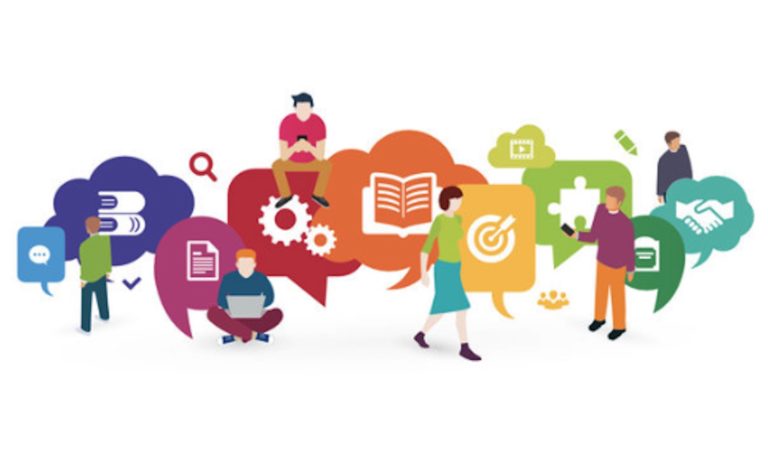Coronavirus, the game changer
COVID19 is a phrase dreaded everywhere in the World, a phenomena that has reshaped every aspect of life, the way we live, our relations with loved ones, friends and colleagues, and turned our work upside down.
Coronavirus has brought the sharpest decline in Gross Domestic Product (GDP) since 1995.
According to a preliminary flash estimate published by Eurostat, the statistical office of the European Union, seasonally adjusted GDP decreased by 3.8% in the euro area and by 3.5% in the EU during the first quarter of 2020, compared with the previous quarter.
Before the pandemic wreaked havoc the European and global economy, only 5.2% of employed persons aged 15 to 64 in the European Union had the “luxury” to work from home. (Eurostats, 2018). The Netherlands topped the list of EU Member States with 14.0% of employed people usually working from home while in Italy this percentage was significantly lower (3.6%) and Bulgaria employed the least people with this working method”
As a response to the coronavirus, employers around the world turned to smart working in those sectors where it is possible to keep the business going. Smart working enables employees to choose when, where and how they do their jobs using existing and new technologies. The meetings and conferences cannot be held in person respecting the strict measures introduced in most EU Member States, the discussions have to be organized online. Companies, NGOs, small and medium sizes enterprises had to reevaluate and entirely reorganize their work.
Participants, partner organizations of Erasmus+ projects are no exceptions either. The whole concept of Erasmus+ projects (promoting mobility, international cooperation, contributing to the Europe 2020 strategy for growth, jobs, social equity and inclusion, as well as the aims of ET2020, the EU’s strategic framework for education and training) are at risk at this difficult period, but the dedicated organizations with the support and guidance of the European Union institutions are finding ways to keep carry on with project implementation and project design.
The European Commission made some exceptional decisions to help the work of the current and potential beneficiaries of the Erasmus+ projects:
• It is applying the maximum flexibility it can in the implementation of the program, within the limits of the applicable legal framework.
• It has issued guidance to Erasmus+ National Agencies that they can invoke the “force majeure” clauses. This will allow them to assess the possibility to accept additional costs up to a maximum grant amount. It may also enable them to postpone the planned activities by up to 12 months per project.
• Mandates did not have to be signed when submitting a new project proposal (only in the case of approval).
• As a result of difficulties experienced by applicants due to the coronavirus outbreak, the deadlines for submission of applications to some actions (Erasmus+ Sport Actions, Key Action 1, 2, 3, European Solidarity Corps actions, Erasmus Charter for Higher Education) were extended.
In the daily work of an organization active in the field of Erasmus+ projects, it means the constant monitoring of the situation, more frequent discussions about project activities with partner organizations, transnational meetings held online.
From the beginning of May, most Member States of the European Union are gradually loosening the COVID19 restrictions and a new phase of fight against the spread of coronavirus is about to start.
Freedom of movement will be restored, shops can reopen, business can restart but it is going to take hard work and patience to recover from the unprecedented damage the coronavirus has caused.
LEARN MORE ABOUT L’ORMA AND HOW WE CAN COLLABORATE!
RELATED ARTICLES



